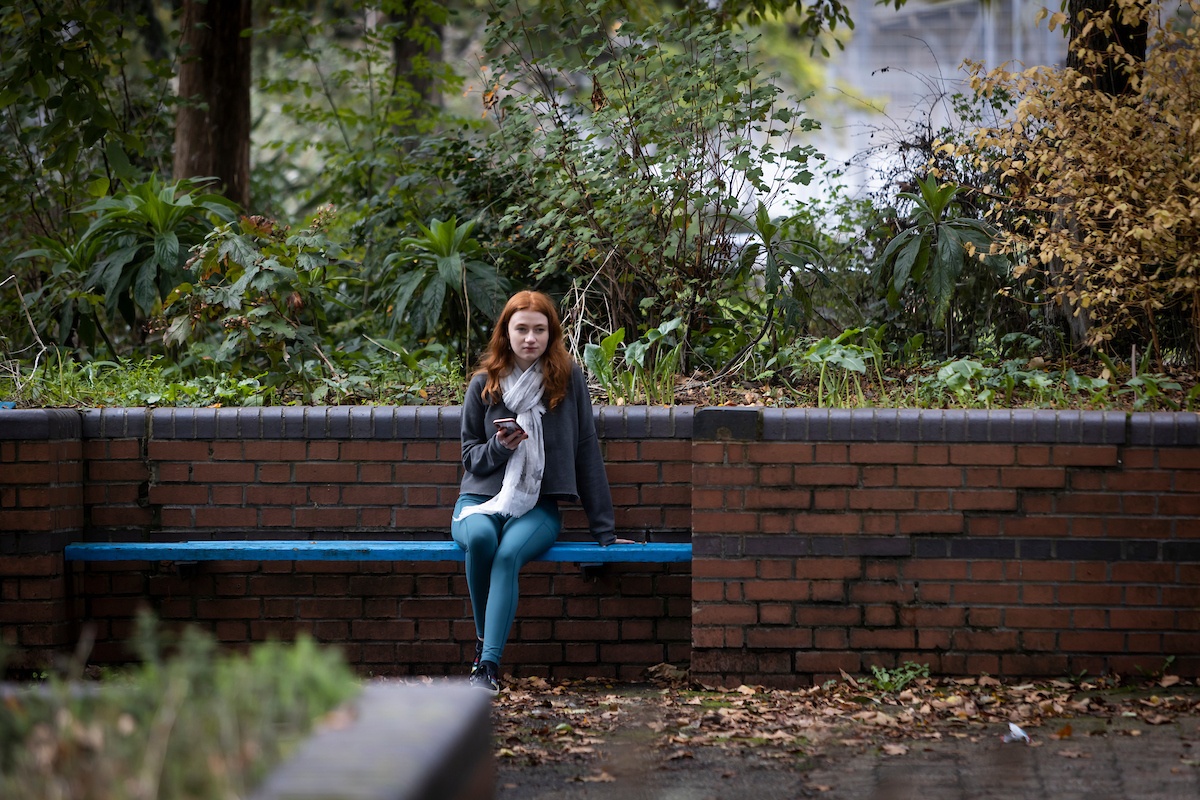What happens if I’m caught with drugs?
Doing drugs and getting caught are two completely different things. If the police stop you while you’re packing some hard shit, you’re gonna be in some hard shit. It’s not a position you wanna find yourself in, but if you do you should be informed. Here’s the low-down on drugs and the law in the UK.

This article is about the United Kingdom drug laws only.
Get some help
After you’ve been caught with drugs, you need to get legal help – fast. If you can’t afford a lawyer, look into whether you qualify for legal aid. Release, a drugs law charity, can also give you expert and detailed advice about your situation. They have a helpline number you can call on 020 7324 2989, or email them at [email protected]. If you’re under the age of 16 when caught you’re automatically eligible for legal representation, but once you’re an adult – you’re on your own.
If the police arrest you, give your name and address when asked. You should get a solicitor if you have any further questions. Remember: you have a right to free advisory council. Look at our your rights on arrest article for more information.
I want to know what’s going to happen to me
We can’t tell you exactly what’s going to happen to you. Every drug case is different and the outcome will depend on a number of factors. These include what drug you were using, intent to distribute and a bunch of other stuff. That’s why it’s really important to get professional advice when going through a legal battle.
But we can tell you what might happen to you, based on our understanding of current drugs penalties. If you want a rough idea, read on.
What counts as ‘possession’?
If any amount of illegal drugs are found on you (like in your pocket, your bag, or in your car) it counts as possession. It’s important to mention that friends could try and stash stuff with you, so make sure you know how to say ‘No’ politely. Don’t take this bullet for them.
I’ve been caught in possession of drugs
If you’ve been caught with drugs, and the police think they were just for you, then you’re likely to face charges of possession. How serious this is depends initially on what class drug it was and other factors, such as the amount and whether you’ve got a previous prison sentence. The only thing that’s common between all sentencing is an unlimited fine.
Generally, you’ll have to go to prison for a few weeks or months – harsh, but it does happen. The sentence is worse if you were caught with drugs near a school or in prison. The maximum sentence for possession of a Class A drug is seven years in prison and a fine. It’s slightly less for lower classes.
It’s worth mentioning that maximum sentences are very rarely given; they’re just used as guidelines. The court will decide how serious the offence and sentence is, and you can get a lower sentence if you plead guilty early in the process.
In terms of legal highs, you won’t get arrested for possession, but the police can take it from you and destroy it. The laws on legal highs have actually been updated recently. In May 2016, the Psychoactive Substances Act came into force. This act doesn’t replace the Misuse of Drugs Act (1971), but it makes it an offence to produce or supply legal highs.
Caught with attempt to distribute
Things get much heavier if you’re caught in possession with an attempt to distribute. If you had any intention of dealing (which can include giving and sharing drugs), you may be charged with a more serious offence. Decisions over whether you’re charged with intent to supply are based on a load of circumstances. For example, where you were caught and the quantity of drugs you were caught with.
Your final sentence will also depend on what role you played in distributing. So, if you were the mastermind behind the operation, you’re gonna be in for a WHILE (we’re talking like 16 years maximum penalty).
Possession of Class A drugs, first offence
If it’s only a small amount for personal use then you’ll most likely get a formal caution. Although a caution isn’t a conviction, it will stay on your criminal record forever. This means you’ll have to bring it up with EVERY boss you ever work for, fun convo to break the ice – right? You should also know that each local area has a strategy for tackling drug related crime, so they might be on your arse as well.
However, you could still be charged. If it’s your first offence, the court may give you an absolute or conditional discharge. This means no jail time, but a permanent criminal record. This’ll probably be significantly worse if you’re caught with a bag full of coke. And if you’re caught again after this, things just get even more serious.
“But what class is weed?” we hear you ask. “Will that get me in as much trouble?” It’s worth mentioning that cannabis is a Class B drug and the law around it is a bit different; read our cannabis article here.
What if I’ve been caught with drugs before?
If this isn’t your first offence, you can sometimes get ‘lucky’ and just get another caution (PLEASE don’t try this to prove your luck). In reality, you’ll probably be formally charged with possession – especially if you were found with a large amount of drugs, or if you’ve been caught before recently.
What if I’m under 18?
The laws are a bit different if you’re under the age of 18. Here’s what you can expect…
- If it’s your first offence You’ll usually be given a Youth Caution, which isn’t a criminal conviction but it’ll stay on your record forever. Let’s just say, the Home Office will have their eye on you.
- If it’s not your first time, you might get off with another caution. Although it’s more likely that you’ll be charged and have to go to Youth Court. You’ll probably get an absolute or conditional discharge, which doesn’t include any punishment, but will give you a criminal record. If you re-re-offend, things will get more serious.
- In more serious cases you could be sentenced to a referral order, which will include regular meetings with a youth offending team and helping out in the community. Prison is only a last (and rare) option for under-18s. If your drug offence is really serious, you may go to a Youth Offender’s Institution.
Next Steps
- Addaction helps people recover from drug and alcohol addictions.
- Chat about this subject on our Discussion Boards.
By Nishika Melwani
Updated on 17-Aug-2021
No featured article













